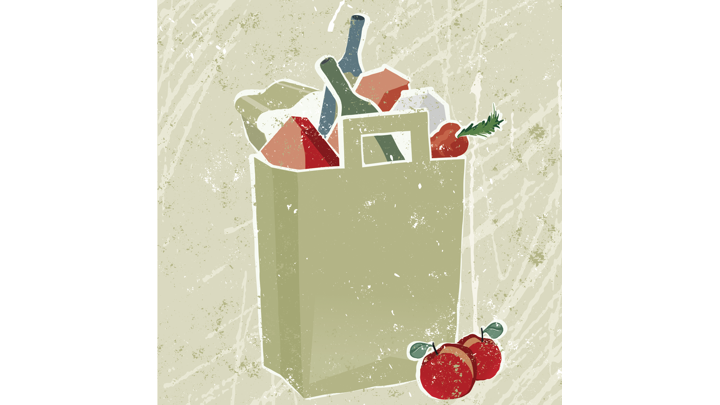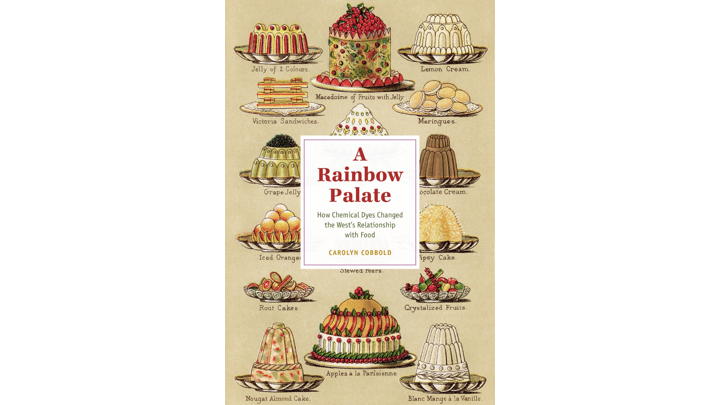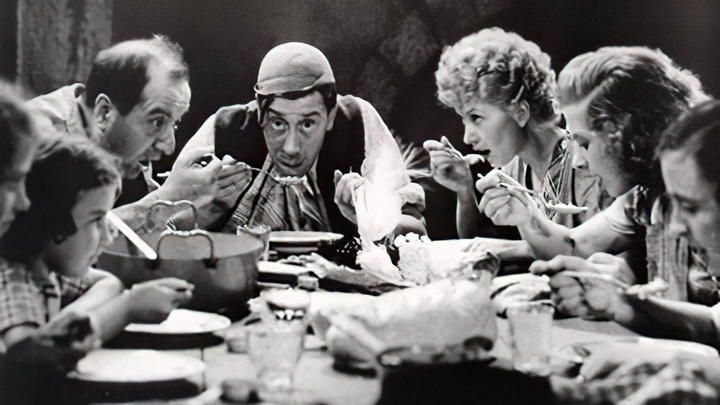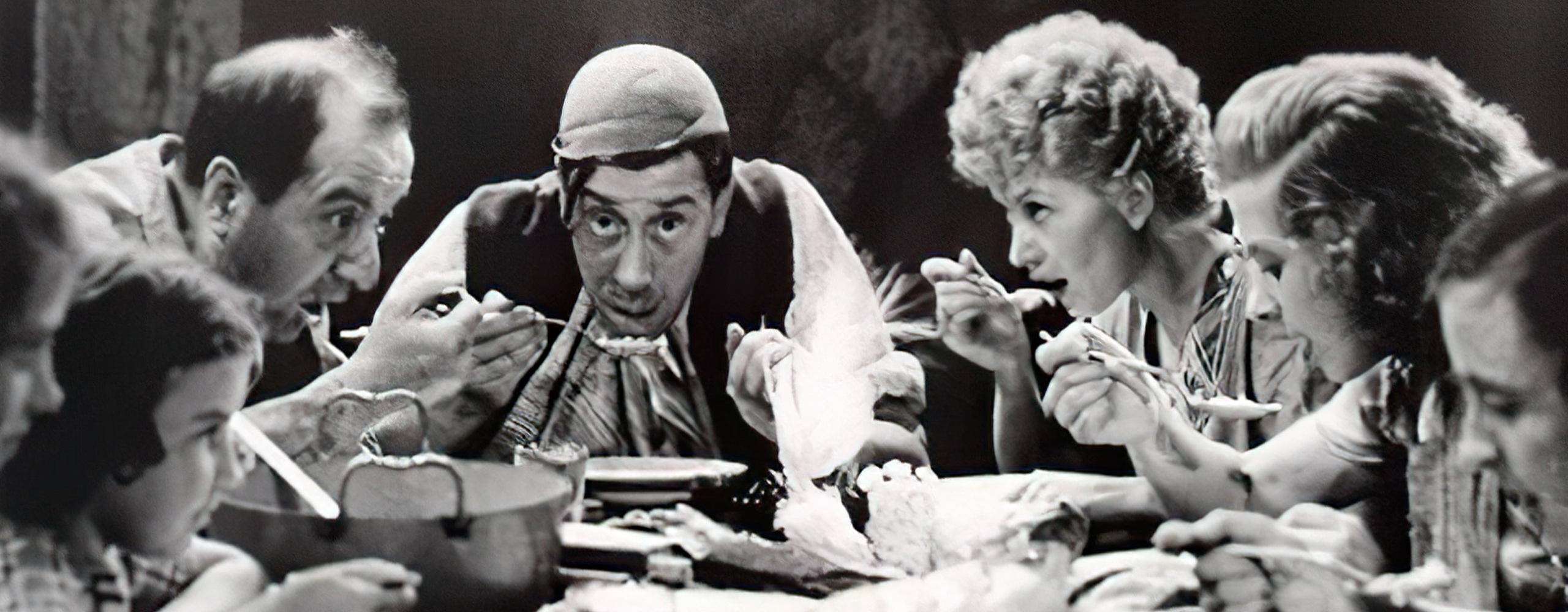COM_SPPAGEBUILDER_ADDON_ARTICLE_NO_ITEMS_FOUND
About Talking of Food
Talking of Food is a magazine website set up by a group of people who love not only food but also the diversity of its culture. It is not bound by ideology or momentary fads but has an open mind towards opposing views. Its contributors are often experts in their field and discuss wide ranging subjects such as antibiotics in the food-chain, the opposing arguments on GM food or the future of food. On a lighter note see how they make noodles in China or follow Elisabeth Luard's classic series on European Peasant Cookery.
Lockdown Food: Part 1

For the first helping of lockdown food musings, here are two poems, one about the iceberg lettuce and the other about the humble onion.
The Iceberg theory by Gerald Locklin
all the food critics hate iceberg lettuce.
you’d think romaine was descended from
Orpheus’ laurel wreath,
you’d think raw spinach had all the nutritional
benefits attributed to it by Popeye,
not to mention aesthetic subtleties worthy of
Verlaine and Debussy
they’ll even salivate over chopped red cabbage
just to disparage poor old mr iceberg lettuce
I guess the problem is
it’s just too common for them.
it doesn’t matter that it tastes good,
has a satisfying crunchy texture,
holds its freshness,
and has crevices for the dressing,
whereas the darker, leafier varieties
are often bitter, gritty and flat.
it just isn’t different enough, and
it’s too goddamn American.
of course a critic has to criticise:
a critic has to have something to say.
perhaps that’s why literary critics
purport to find interesting
so much contemporary poetry
that just bores the shit out of me.
at any rate, I really enjoy a salad
with plenty of chunky iceberg lettuce.
the more the merrier,
drenched in an italian or Roquefort dressing
and the poems I enjoy are those that I don’t have
to pretend that I’m enjoying.
Song To Onions by Roy Blount Jr
They improve everything, pork chops to soup,
And not only that but each onion’s a group.
Peel back the skin, delve into tissue
And see how an onion has been blessed with issue.
Every layer produces an ovum.
You’d think you’ve got three then you find you’ve got fovum
Onion on on-
Ion on onion they run,
Each but the smallest one some onion’s mother:
And onion comprises a half a dozen other.
In sum then an onion you could say is less
Than the sum of its parts.
But then I like things that more are than profess-
In food and in the arts.
Things pungent, not tony.
I’ll take Damon Runyon
Over Antonioni –
Who if an i wanders becomes Anti- onion.
I’m anti baloney.
Although a baloney sandwich would
Right now, with onions be right good.
And so would sliced onions,
Chewed with cheese,
Or onions chopped and sprinkled
Over black-eyed peas
Black-eyed
grey-gravied
absorbent of essences
eaten on New Years Eve
peas.
Featured posts

A Rainbow Palate: How Chemical Dyes Changed the West's Relationship with Food
If you opened a can of baked beans to discover a brown gloopy sauce containing brown haricot beans, rather than the orange-red sauce and beans you were expecting, what thoughts would run through your head?
Dr Carolyn Cobbold’s research interests are science and food in the nineteenth and twentieth centuries. She has recorded two extracts from her book A Rainbow Palate: How Chemical Dyes Changed the West’s Relationship with Food for Talking of Food

Announcement
Talking of Food has moved
Although the site has migrated to the new server, there is still work to be done and some of the content of the site will still be unavailable for a while.

Nicholas Culpeper: The Complete Herbal
Not only do many modern medicines have their origins in herbal medicine, more and more people are turning to herbal preparations—with or without also accepting modern drugs, vaccines and medications—and alternative, traditional treatments are popular. At Talking of Food we have our series on Vitamins, so we have decided to look into one of the most celebrated of herbalists, Nicholas Culpeper.



